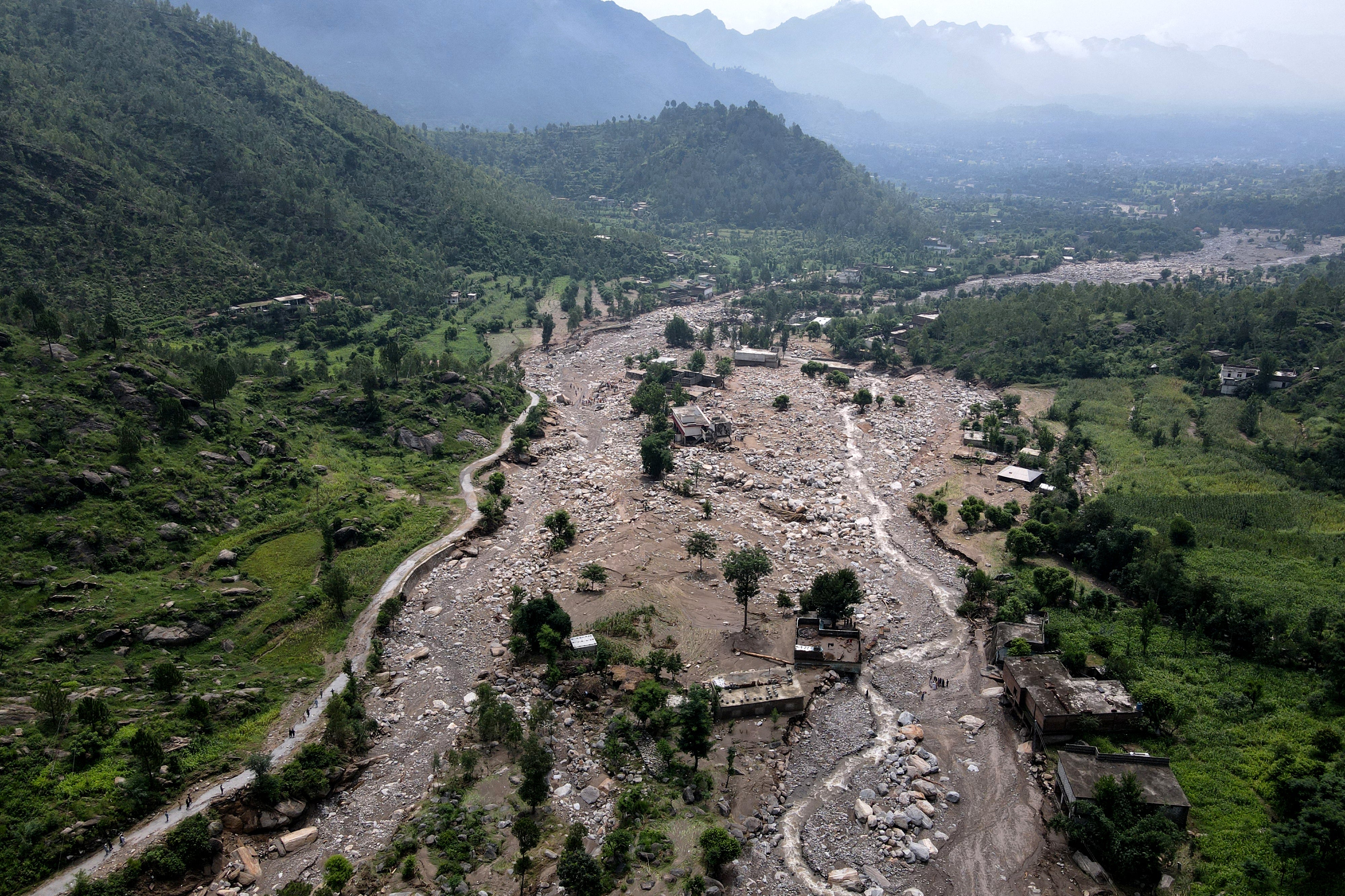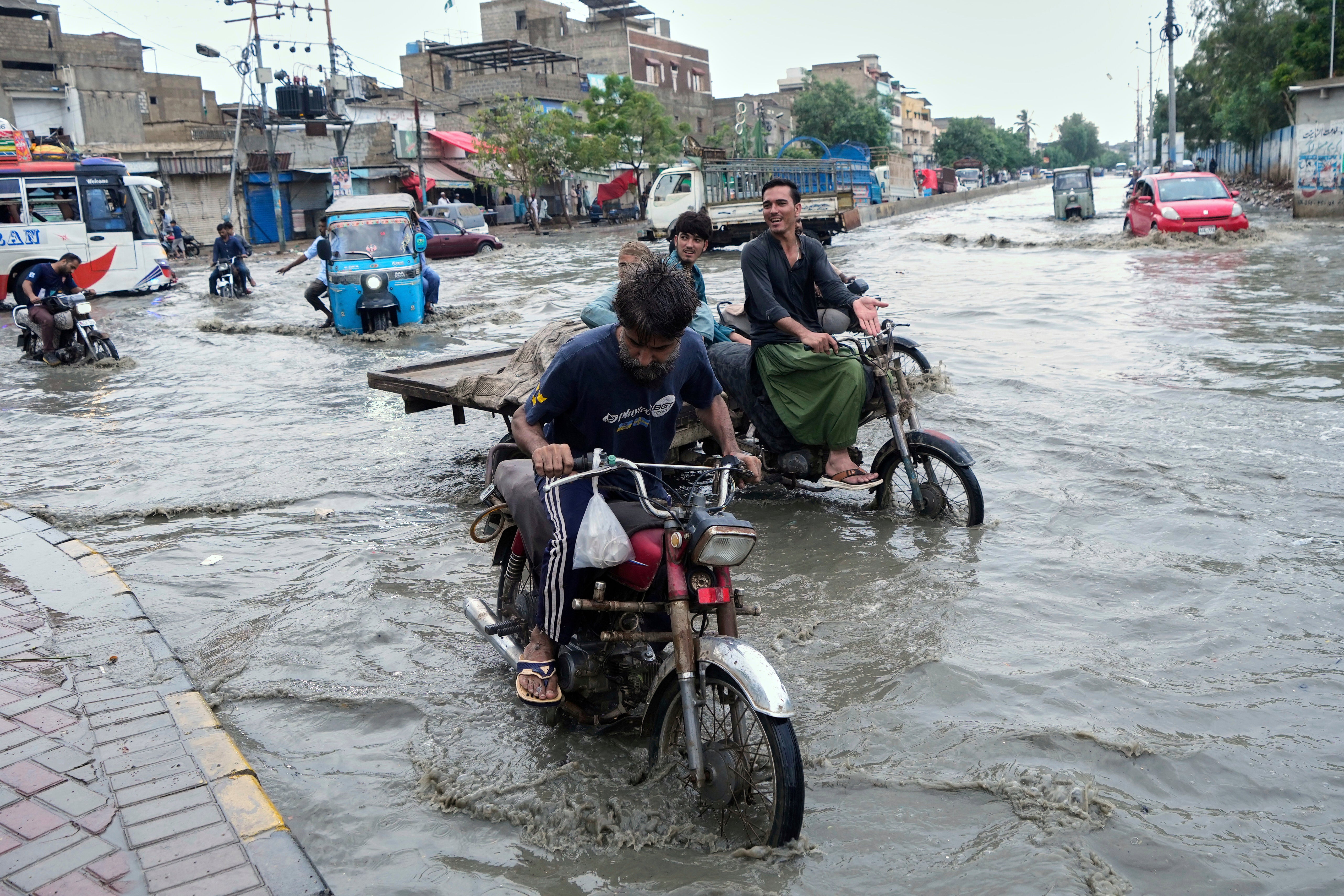Pakistan has restored 70 per cent of its electricity supply and reopened key roads in the northern and northwestern regions, following flash floods that claimed the lives of over 300 people.
Information Minister Attaullah Tarar confirmed that engineers are continuing efforts to fully reinstate the power grid, which was severely impacted by last week’s deluge.
He added that the clearing of most routes is now facilitating the crucial delivery of food and other essential supplies to the devastated areas.
Prime Minister Shehbaz Sharif ordered authorities to accelerate recovery efforts in Buner, a district in Khyber Pakhtunkhwa province, where torrential rains and a cloudburst Friday killed at least 280 people, Tarar said.

Monsoon rains triggered floods that killed more than 700 people nationwide since June 26, the National Disaster Management Authority reported, while Tarar said more than 25,000 people have been evacuated.
Army spokesman Lt. Gen. Ahmed Sharif said military doctors are treating survivors and engineers are repairing damaged infrastructure. Troops using helicopters also have delivered food and supplies to remote villages cut off by floods and landslides.
Last week’s flooding in Buner was among the worst since the rains began late last month.
Search teams aided by army sniffer dogs are still combing the district for about 150 missing people, rescue official Mohammad Suhail said.
The tragedy has been compounded by controversy, after a senior politician blamed locals for the high number of fatalities, suggesting people should have constructed their homes elsewhere.

Provincial chief minister Ali Amin Gandapur said on Sunday that many of the deaths could have been avoided had residents not built homes along waterways and riverbanks.
He added that the government would encourage displaced families to relocate to safer areas, where they would be assisted in rebuilding their homes.
That sentiment has been met with anger from villagers, who accuse officials of failing to issue timely evacuation warnings.
They highlighted the absence of broadcasts from mosque loudspeakers, a traditional method for alerting communities to emergencies in the region.
Officials said the cloudburst struck so suddenly that warnings could not be delivered.
Authorities have warned of a possible repeat of Pakistan’s catastrophic 2022 floods, which killed nearly 1,700 people and were blamed on climate change.




